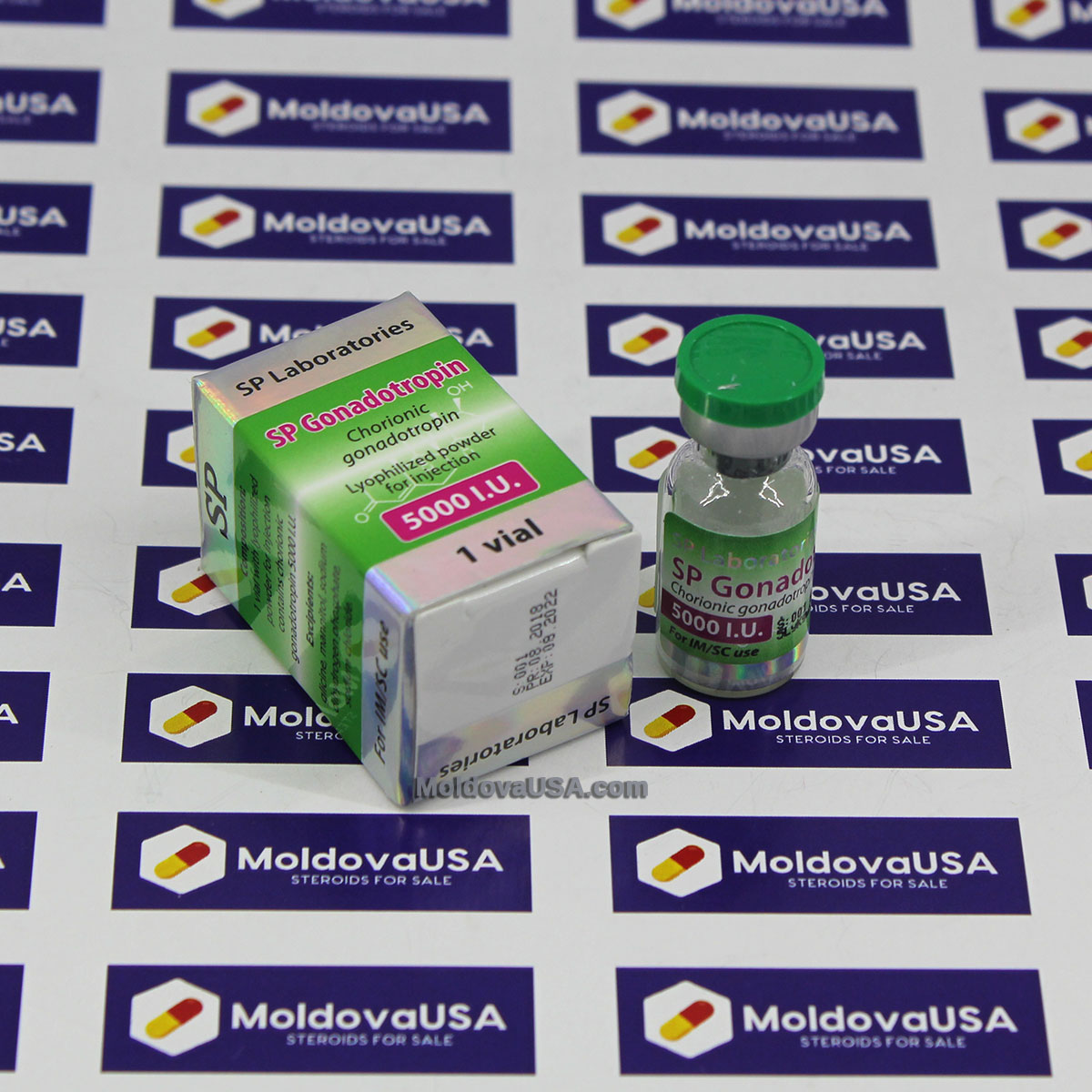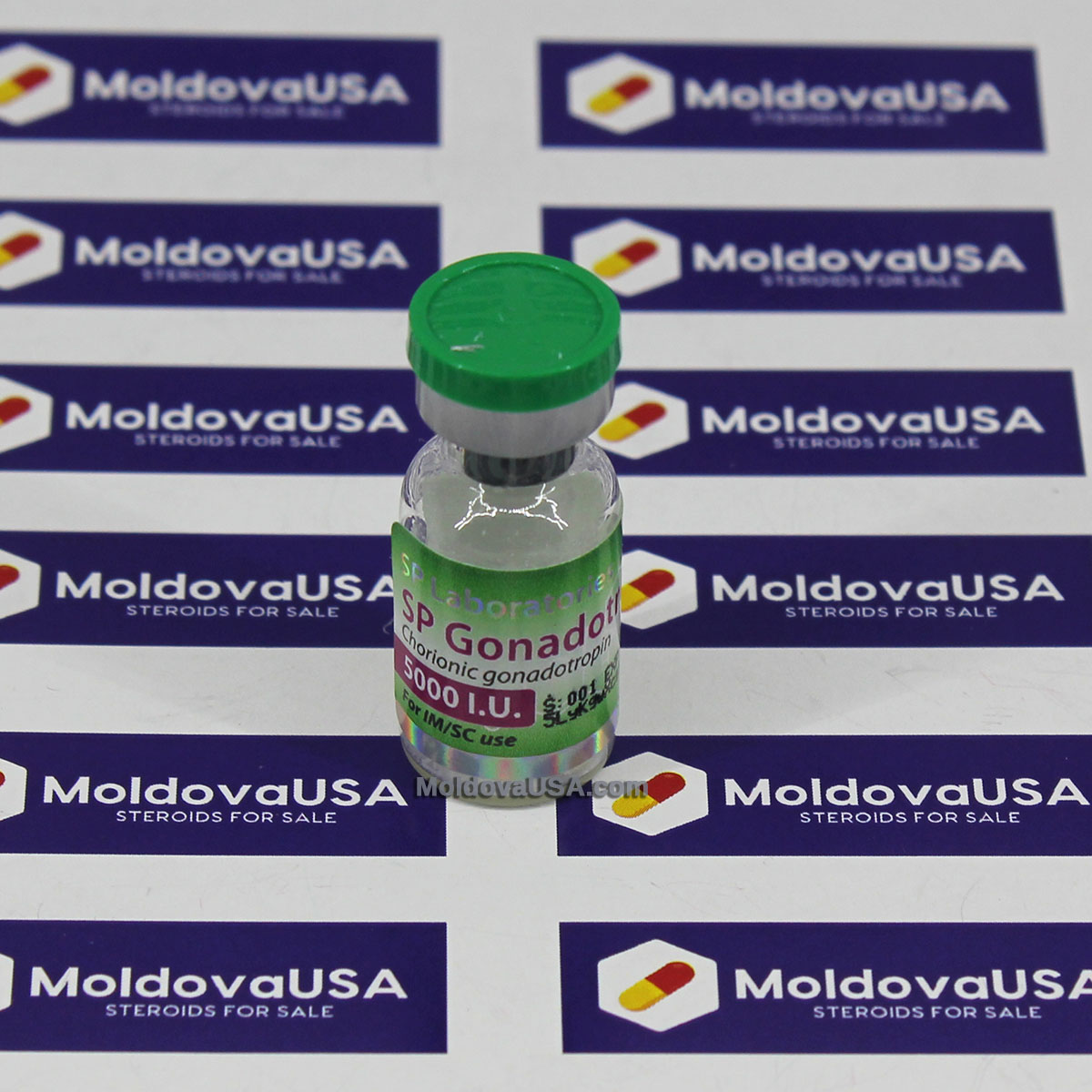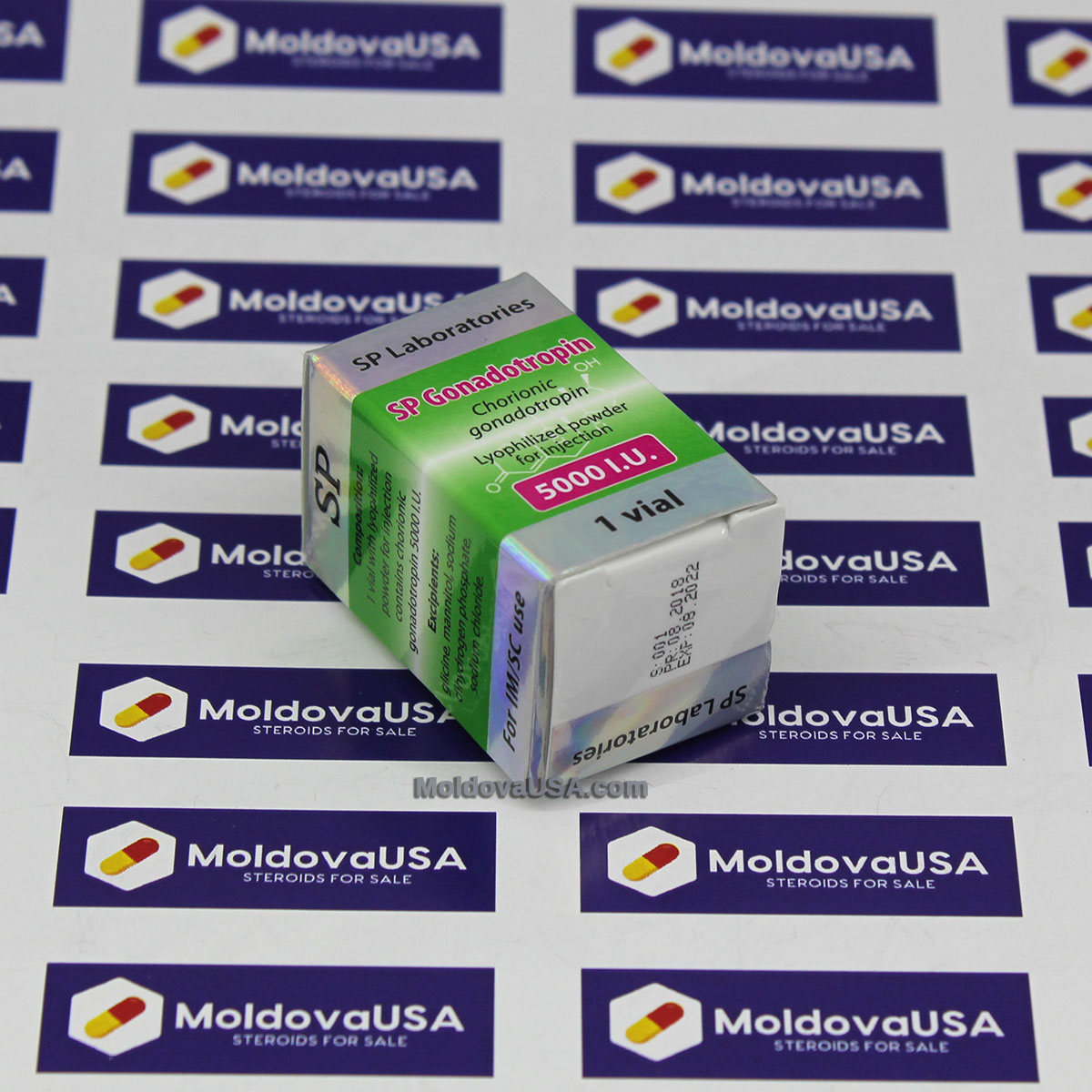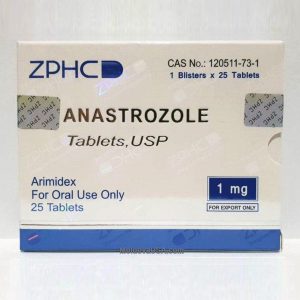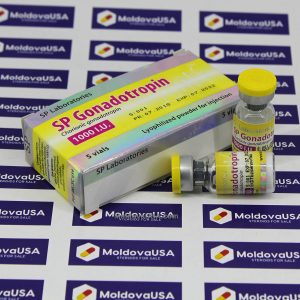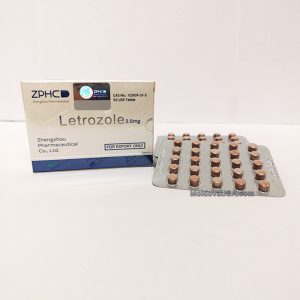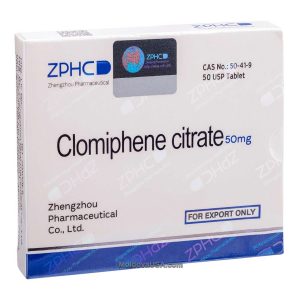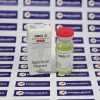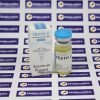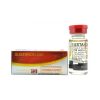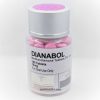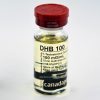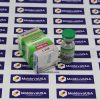Description
Notice: The old website for SP Laboratories, printed on all vials, was hacked and redirected. The new official domain and name is now SP Laboratory at www.sp-laboratory.com. The website address on all labels has been updated accordingly.
Gonadotropin is a hormone produced by the anterior pituitary gland, which influences the gonads (i.e., ovaries or testes).
Two primary gonadotropins are generated by the gonadotrophs in the pituitary gland: luteinizing hormone (LH) and follicle-stimulating hormone (FSH). Hormone production varies significantly across women of different ages and menstrual cycles. Both LH and FSH secretion are low before puberty for males and females, but after puberty, LH secretion exceeds FSH. In postmenopausal women, the production of these hormones increases 10-to-15-fold throughout the menstrual cycle. Human chorionic gonadotropin (HCG) is also found in women and is produced by the placenta during pregnancy, which is detected by pregnancy tests.
Human Chorionic Gonadotropin (hCG) is a prescription medication containing natural chorionic gonadotropin derived from humans. Chorionic gonadotropin, a polypeptide hormone, is present in pregnant women and is produced by the syncytiotrophoblast cells in the placenta, leading to an increase in progesterone, a hormone that supports pregnancy. Over-the-counter pregnancy test kits detect chorionic gonadotropin, which is abundant during pregnancy. Blood levels of chorionic gonadotropin begin to rise seven days after ovulation, peaking two to three months into pregnancy, and then gradually decreasing until birth.
While possessing some FSH-like activity, the physiological effects of chorionic gonadotropin closely resemble those of luteinizing hormone (LH). Exogenous LH is used therapeutically to assist women in ovulating and becoming pregnant, particularly those struggling with infertility due to low gonadotropin levels or an inability to ovulate. In men, hCG is employed to treat hypogonadotropic hypogonadism, a condition characterized by low testosterone levels and insufficient LH production. Prepubertal cryptorchidism is a condition where one or both testicles do not descend into the scrotum. Male athletes use HCG to increase endogenous testosterone production during or after a steroid cycle, aiming to restore natural hormone levels.
Hormone replacement therapy (HRT) is a comprehensive method for accelerating endogenous testosterone production after a steroid cycle. Endogenous testosterone production is crucial towards the end of each cycle when low androgen levels (following steroid suppression) can be harmful. The main concern is cortisol activity, which is moderated by androgens. Cortisol prompts muscles to break down protein rather than testosterone. Rapid muscle loss may occur if testosterone levels are low. Post-cycle hCG protocols generally recommend 2000-3000 units every 2nd or 3rd day for 2 to 3 weeks. Prolonged or high-dose use may desensitize Leydig cells to luteinizing hormone, further hindering homeostasis. For a more in-depth explanation of hCG’s role in hormonal recovery, refer to the Post Cycle Therapy section of this book.
On-Cycle: Bodybuilders and athletes may administer Human Chorionic Gonadotropin during a steroid cycle to prevent testicular shrinkage and loss of LH response. This approach aims to prevent testicular atrophy rather than attempting to reverse it post-cycle. However, hCG misuse can lead to increased testicular aromatase expression (raising estrogen levels) and desensitization to LH. Consequently, the medication may cause primary hypogonadism, prolonging the recovery period instead of improving it. Currently, 250 IU hCG is administered subcutaneously every 3rd or 4th day throughout the steroid cycle. Some individuals may require higher doses, but no more than 500 IU per injection is recommended.
Gonadotropins play a vital role in the reproductive system of both men and women. They regulate the development, growth, and function of the gonads, which are essential for the production of sex hormones and the formation of mature eggs and sperm. The proper balance of gonadotropins is necessary for maintaining fertility, and any disruption in their production can lead to various reproductive issues.
In addition to their primary role in reproduction, gonadotropins have also been studied for their potential therapeutic benefits in other areas of health. For example, researchers have investigated the use of gonadotropins in the treatment of certain cancers, as they have been found to influence the growth and progression of tumor cells. Moreover, gonadotropins have been studied for their potential role in the treatment of age-related conditions, such as osteoporosis and muscle wasting, as they have been shown to impact bone density and muscle mass.
Understanding the complex interplay between gonadotropins and the endocrine system is crucial for developing new therapies and diagnostic tools for various reproductive disorders. For instance, some forms of infertility can be treated with exogenous gonadotropins, which can stimulate the production of mature eggs or sperm and improve the chances of conception. Furthermore, the measurement of gonadotropin levels in the blood can serve as an important diagnostic tool for determining the underlying cause of various reproductive issues, such as polycystic ovary syndrome (PCOS) or male hypogonadism.
While the use of gonadotropins as therapeutic agents has shown promising results, it is essential to consider the potential side effects and risks associated with their use. For instance, the use of exogenous gonadotropins for fertility treatment can increase the chances of multiple pregnancies, which can pose risks to both the mother and the developing fetuses. Additionally, the misuse of gonadotropins in sports or bodybuilding to enhance performance can lead to various health complications, such as hormonal imbalances, testicular atrophy, or even primary hypogonadism.
In conclusion, gonadotropins play a crucial role in the reproductive system and have the potential to be utilized as therapeutic agents for various health conditions. However, it is vital to carefully consider the benefits and risks associated with their use and to continue researching their potential applications in the field of medicine.

